4 Facts about Brain Size Impacts People's Intelligence
Advertisement
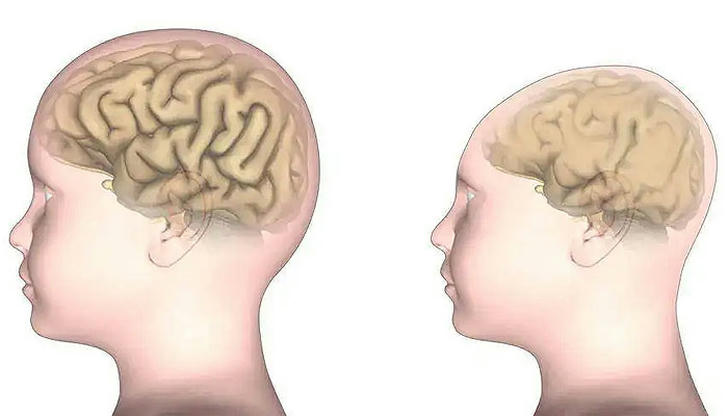
As we all know that Einstein is a smart person. Someone think it may be because his brain is more developed. And the others consider whether he has a big brain than us ordinary people. Especially when we meet someone with high IQs, our first instinct might be to see whether he has a big head and then assume he must has a larger brain.
After all, the brain is the organ responsible for processing information and coming up with new ideas— so if some people are more intelligent than others, their brain must be bigger to account for it, right? In fact, there have been several studies on the correlation between brain size and intelligence. So what does science tell us? Let’s take a look at some fascinating facts about - Does Brain Size Impact People's Intelligence?
Indicator between brain size and intelligence.
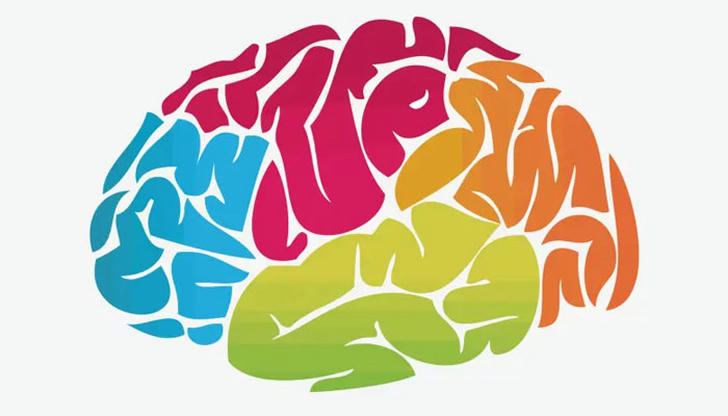
Researchers have found that the bigger your brain, the smarter you tend to be. The size of your brain can be a pretty reliable indicator of how intelligent you are. Why? Your brain is the organ that controls thought, language, emotion, and memory—all of which are integral to intelligence. But did you know that your brain also stores energy? It’s no surprise that larger brains need more energy to keep them running, which is one reason why scientists have linked bigger brains to more intelligence—bigger brains need more energy, and people with more energy are more likely to be more intelligent. According to this research, the size of people’s brain is related with their intelligence. But energy isn’t the only factor? There is a way to study on this issue.
Bigger brains tend to have denser neurons.
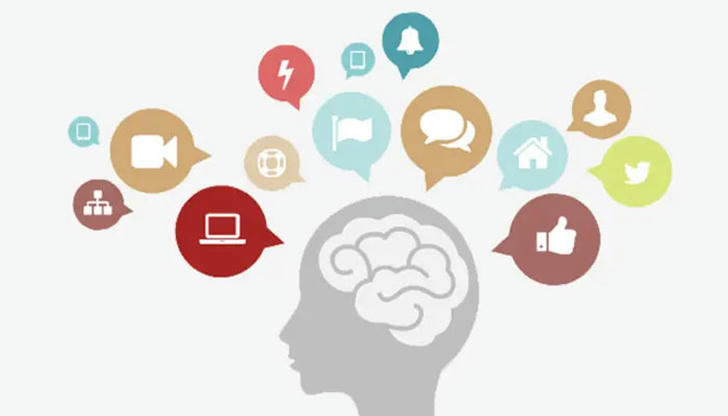
We know that brain is made up of a network of neurons. These neurons create electrical impulses, which are responsible for all of the communication in your body. The bigger your brain, the more neurons you have. This can make you smarter. They also allow you to process information more quickly, which means you can take in information and understand it more quickly. This is how people with big brains are able to solve problems faster and more effectively than others—they have a lot of neurons! Bigger brains also tend to be denser than smaller brains. This means that bigger brains have more neurons packed into a smaller space. It also means that larger brains are more resistant to damage. But we still cannot be sure all people with large brains are intelligent.
Neocortex affects intelligence.
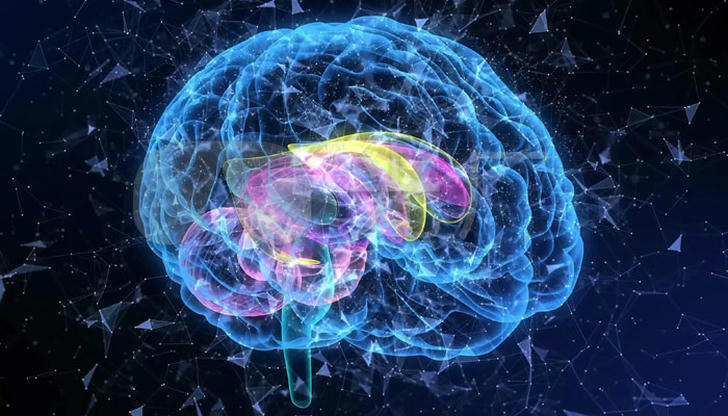
Simply having a larger brain doesn’t make you more intelligent. Likewise, a smaller brain doesn’t mean you have less intelligence. The brain is made up of different sections that all play a unique role in determining intelligence—even though some sections are bigger than others. The part of the brain that is most correlated with intelligence is the neocortex. This is the part of the brain that is responsible for sensory processing, hearing, vision, language, and thinking. It’s also the part of the brain that is most affected by aging.
Other factors that can affect your intelligence.
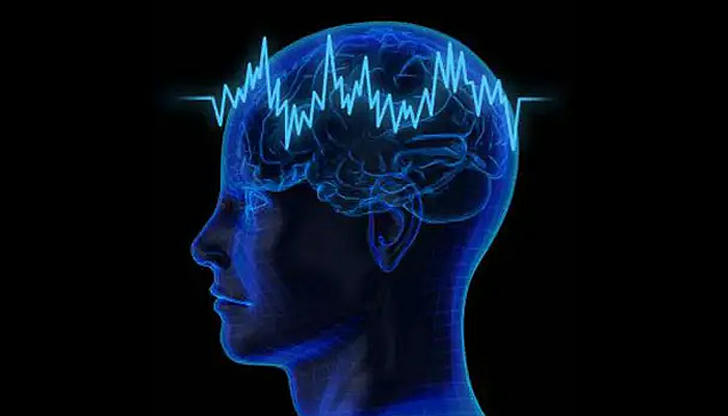
When it comes to determining your intelligence, there are many factors at play. Having a larger brain can increase your chances of being more intelligent; but only if the neocortex is large enough. So while having a bigger brain may make you more likely to be smarter, it’s important to remember that there are other factors that can affect your intelligence, too. Your environment, genetics, and nutrition can all impact your intelligence. All in all, a larger brain can be a good indicator of intelligence, but it’s not the only thing that matters.



